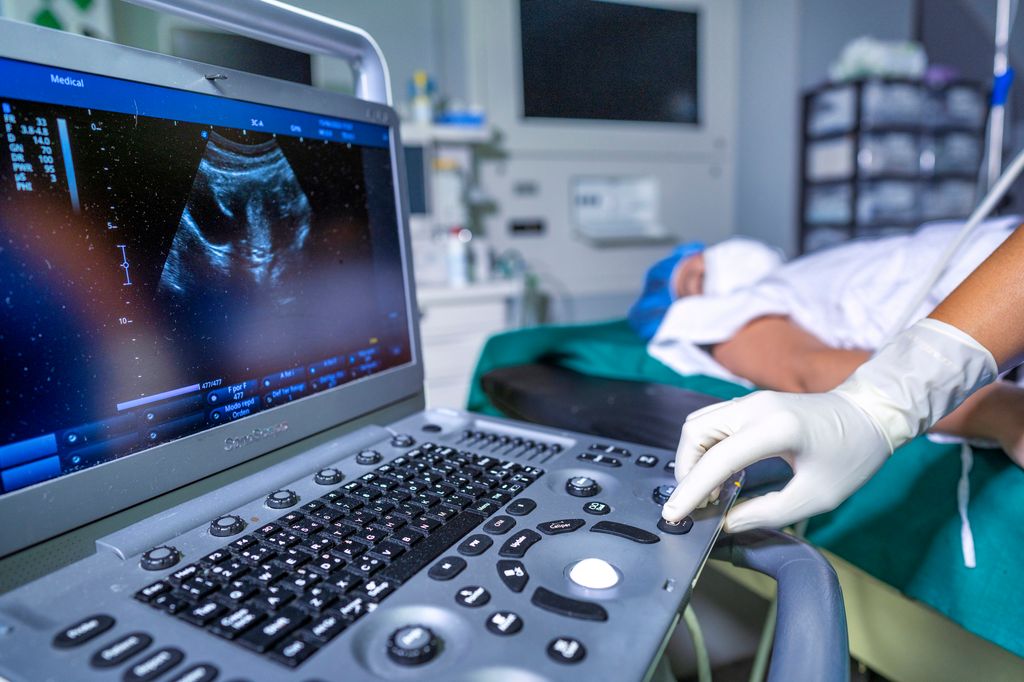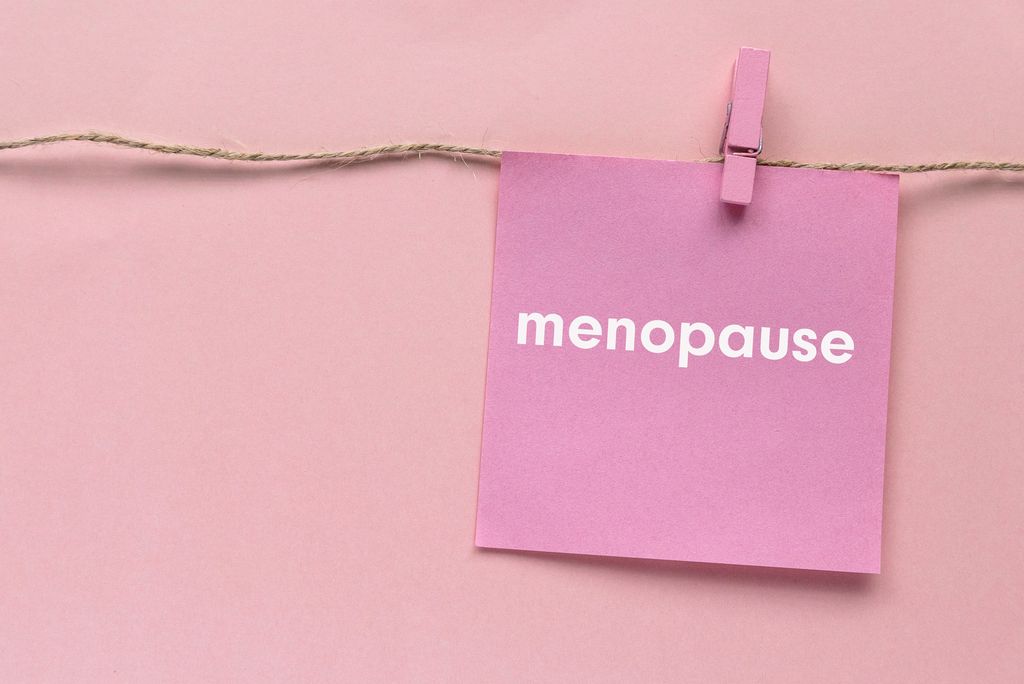As medical science evolves, breaking new grounds and challenging the conventional boundaries of health and aging, a fascinating field of research is emerging that could redefine the future of women's health: the possibility of delaying or even preventing menopause in healthy women.
This groundbreaking research, centered on ovarian tissue freezing, is not merely an academic endeavor but a potential game-changer for women's reproductive longevity and overall well-being.
Traditionally viewed as an inevitable phase of a woman's life, menopause is now the subject of intense debate and re-evaluation within the scientific community.
The discussion revolves around the potential to extend the child-bearing years and mitigate the various health risks and discomforts associated with the decline in estrogen levels.
At the heart of this revolutionary research is Dr. Kutluk Oktay, a distinguished ovarian biologist at Yale School of Medicine (YSM), who is pioneering the exploration into ovarian tissue freezing as a means to significantly delay or outright prevent menopause.
"For the first time in medical history, we have the ability to potentially delay or eliminate menopause," Dr. Oktay asserts, underscoring the unprecedented nature of this advancement.
Leveraging data from numerous ovarian cryopreservation and transplantation procedures, Dr. Oktay's team has developed a sophisticated mathematical model.
READ: Davina McCall reveals which ‘specific workouts’ are key to helping menopause
This model predicts the potential duration of menopause delay in healthy women, factoring in variables such as the age at which the procedure is performed and the amount of ovarian tissue harvested.
This model accounts for the survival rates of primordial follicles post-transplantation, an aspect expected to see improvements with technological advancements.
Historically utilized to safeguard fertility in cancer patients, ovarian tissue cryopreservation involves the laparoscopic removal and subsequent freezing of ovarian tissue at extreme temperatures.
This tissue can later be reimplanted, rejuvenating ovarian function. Expanding this technique's application to healthy women opens up the prospect of prolonging their fertile years and potentially delaying the onset of menopause.
Dr. Oktay highlights the importance of the patient's age and the quantity of tissue removed in determining the procedure's effectiveness.
"The younger the patient, the better the potential outcomes," he notes, adding that optimal results are most likely for women under 40. The model aims to strike a balance in tissue removal, ensuring neither too much nor too little is taken, to effectively delay menopause without inducing it prematurely.
Dr. Oktay's research offers a bright outlook, suggesting significant menopause delay for women under 40 and the possibility of preventing it altogether for those under 30. Dr. Hugh S. Taylor, Chair at YSM, highlights the procedure's appeal, particularly for women looking to postpone pregnancy for various reasons.
Beyond extending reproductive years, delaying menopause could confer additional health benefits.
Studies indicate that a later onset of menopause is linked with longer lifespan and diminished risk of several conditions, including cardiovascular disease and osteoporosis.
However, the applicability of these benefits to women undergoing ovarian tissue cryopreservation is still under investigation.
While the scientific community eagerly awaits the publication of outcomes for healthy women opting for this procedure, the existing research and mathematical modeling provide a promising glimpse into the future.
The implications of being able to alter the timeline of menopause are profound, heralding a new era in how this life stage is perceived and managed.
Nonetheless, this pioneering path is paved with the necessity for meticulous research to unravel the full spectrum of long-term benefits and risks associated with delaying menopause through ovarian tissue cryopreservation.
This research is detailed in the American Journal of Obstetrics & Gynecology.













